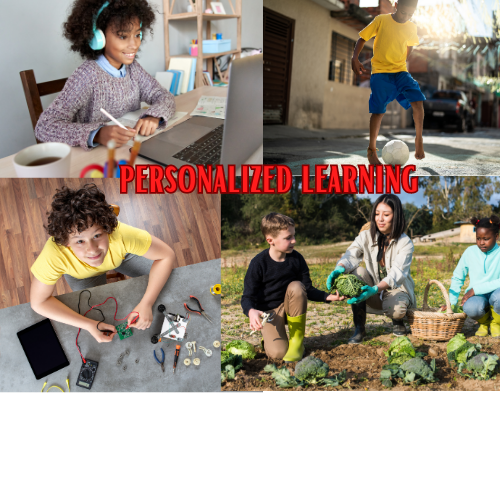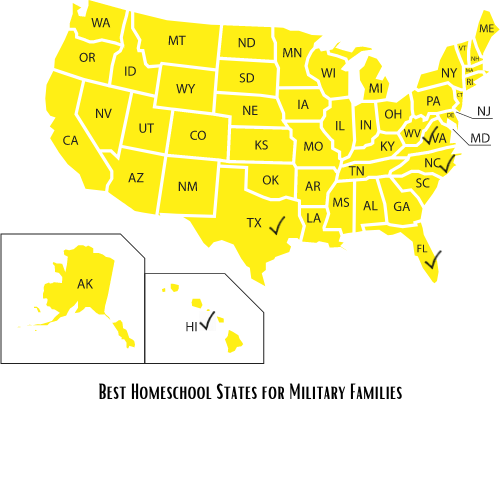
In homeschooling, we have the incredible opportunity to not only provide our children with academic knowledge but also equip them with practical life skills that will serve them well into adulthood. By integrating life skills into our homeschool curriculum, we can empower our children to become independent, confident, and capable individuals. In this post, we’ll explore the importance of integrating life skills into homeschooling and highlight two inspiring examples: my daughter Heaven and son Immense.
The Value of Life Skills in Homeschooling: Life skills are essential abilities that enable individuals to navigate the challenges and responsibilities of everyday life. They encompass a wide range of practical and social skills that promote independence, problem-solving, and personal growth. By incorporating life skills into our homeschooling journey, we can foster well-rounded development and prepare our children for future success.
Example 1: Heaven’s Journey with Babysitting: Heaven, my daughter, discovered her passion for caring for children at an early age. With the flexibility of homeschooling, she had the opportunity to pursue her interest in babysitting. At the age of 11, she obtained her Red Cross babysitting certification, which not only provided her with the necessary knowledge and skills but also boosted her confidence. Since then, Heaven has been actively babysitting for local families, honing her caregiving abilities, and building valuable relationships within our community. Through this experience, she has learned responsibility, communication, problem-solving, and empathy – all vital life skills that will benefit her throughout her life.
Example 2: Immense’s Journey as a Dog Walker: My son, Immense, has always had a deep love for animals. Recognizing his passion, we encouraged him to explore opportunities to turn his interest into a valuable life skill. At the age of 10, Immense began dog walking for neighbors and friends. This experience has taught him responsibility, time management, and the importance of accountability. Through his interactions with dogs and their owners, he has developed patience, empathy, and effective communication skills. Immense’s dog walking venture has not only provided him with a practical skill but has also instilled in him a strong work ethic and a sense of pride in contributing to the community.
Ideas for Integrating Life Skills into Homeschooling:
- Cooking and Nutrition: Teach children essential cooking skills, meal planning, and the importance of a balanced diet.
- Financial Literacy: Introduce basic money management concepts, budgeting, saving, and responsible spending.
- Home Maintenance: Involve children in household chores, such as cleaning, laundry, and basic home repairs.
- Communication Skills: Encourage children to practice effective communication, active listening, and conflict resolution.
- Time Management: Teach children the value of time and how to prioritize tasks, set goals, and manage their schedules.
- First Aid and Emergency Preparedness: Educate children on basic first aid, emergency procedures, and the importance of safety.
- Critical Thinking and Problem-Solving: Engage children in activities that require problem-solving, decision-making, and creative thinking.




